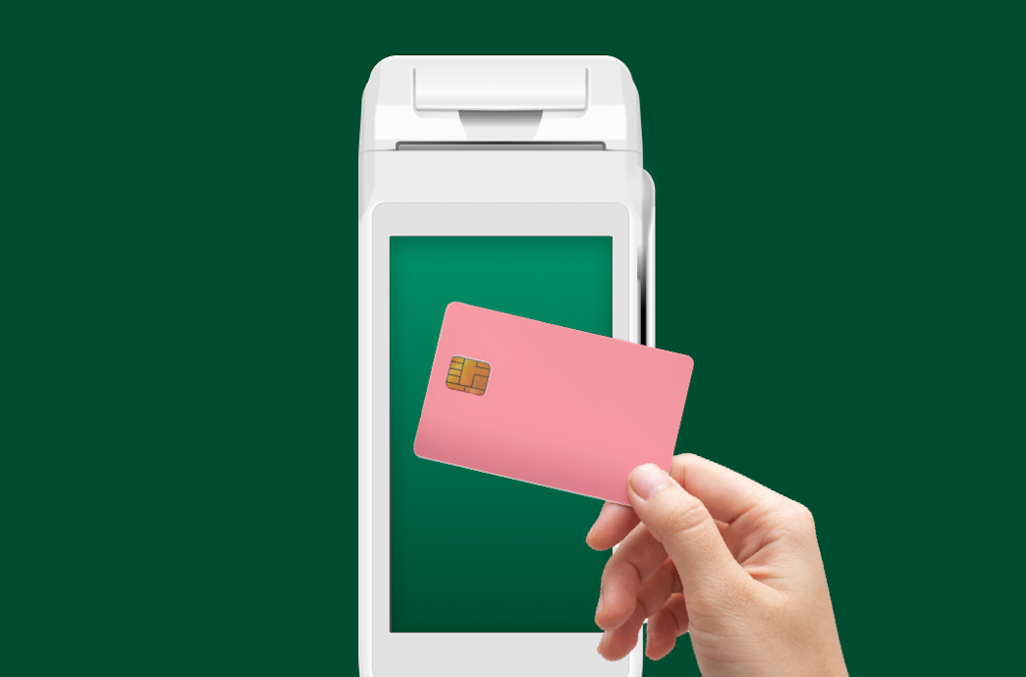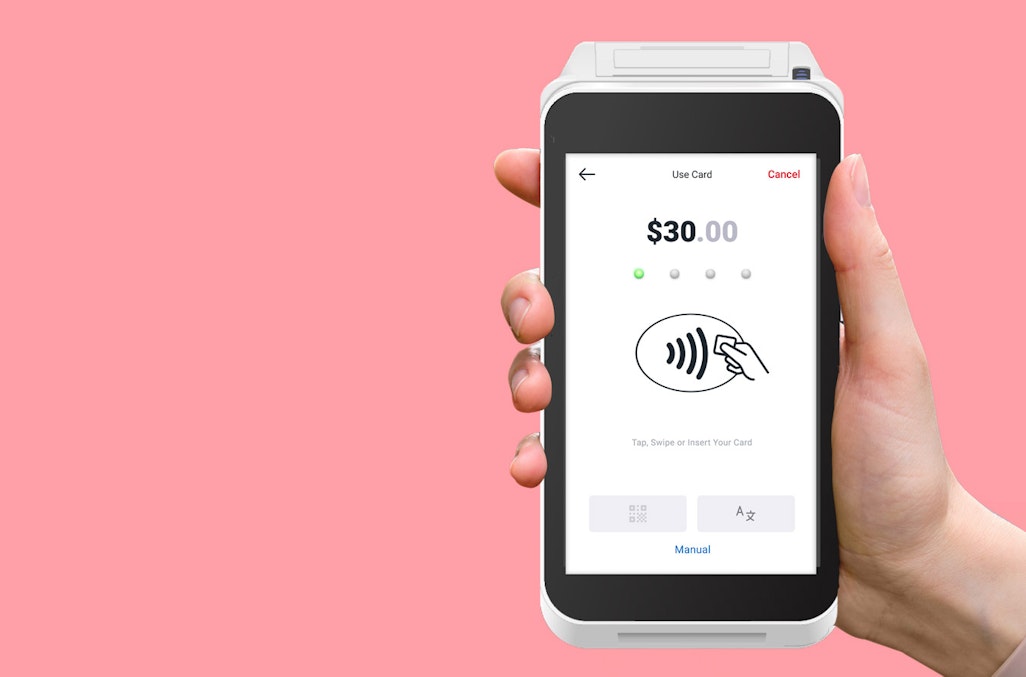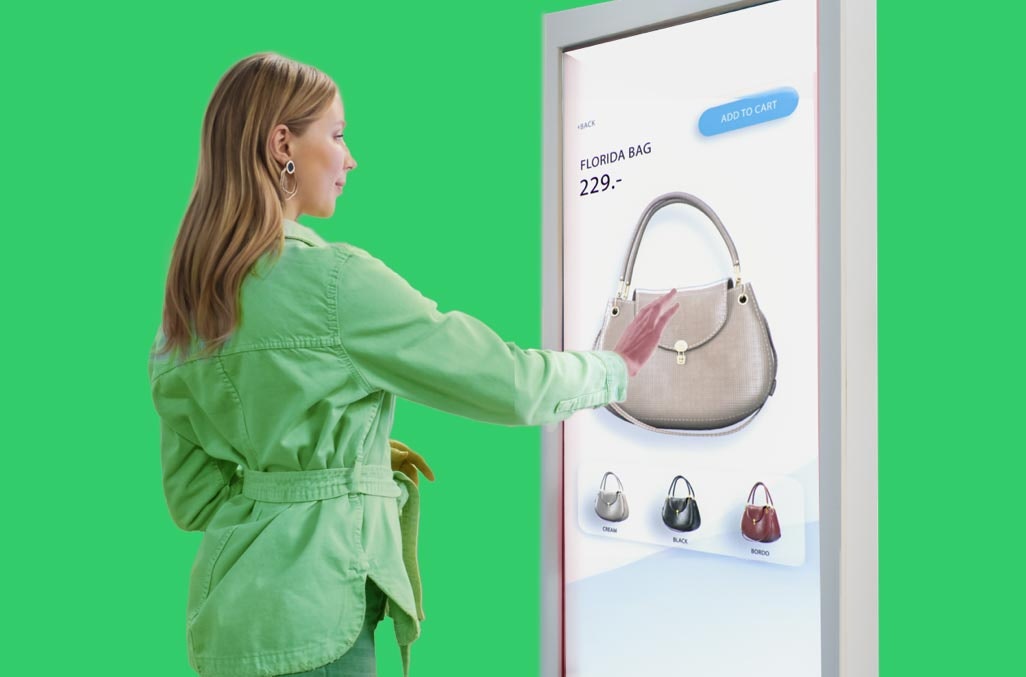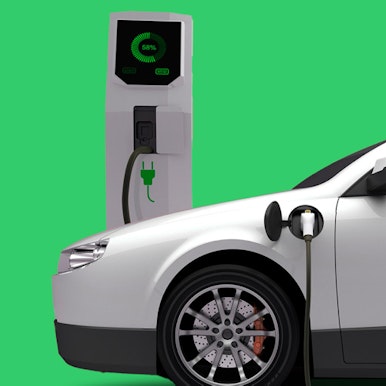MERCHANT SERVICES
Merchants, connect with the right services to power your payments. MSPs, discover how to support your merchants with seamless solutions.

For any business taking payments, whether in person, online or both, merchant services perform a crucial role in ensuring the efficient and effective flow of payments. However, for merchants, there can be a lot of confusion about what merchant services are, who offers them, and what they should consider when choosing a provider.
What are merchant services?
-
Whilst from the perspective of the customer paying for a pair of shoes in a store or buying a coffee in a cafe, a payment made with a card or payment device is a relatively seamless process, the reality is that between them tapping and the payment being approved there are several complex interactions. Merchant services is the collective name for the management of all interactions between the customer paying, the store being paid, the credit card networks, banks, any other financial institution involved in the process, and providers of any other systems such as loyalty card schemes.

-
It’s important to understand the difference between merchant services and a merchant account. A merchant account is a bank account used by businesses to accept payments made to them. This is separate to a business bank account and a business’ funds from payments will be held here before being released into the main bank account. Merchant services are very different, and whilst they do involve moving money into and out of the merchant account, merchant services also involve, it’s important to understand that this is a collective group of services that manage different aspects of the transaction. Merchant services are key to ensuring the payment experience flows well and the process is well optimized.
Considerations when choosing a merchant services provider
-
A merchant looking for merchant service providers has lots of places they can go to find them. MSPs come in all different shapes and sizes and it’s important you understand what a prospective provider does offer, doesn’t offer, how well they deliver what they offer and the costs they charge.
When thinking about which MSP is right for your business it’s a good idea to have a list of must haves, nice to haves and don’t needs. These lists will be unique to each business but some common considerations are:
-
Some MSPs are geared towards smaller businesses with lower transaction volumes whilst others are set up for high volume merchants. It’s important to understand your volume so you can choose an MSP that fits your scale.
-
You may be low volume now but if you see transaction numbers doubling every month you’ll need to consider a higher volume MSP that grows with you.
-
Do you sell in-person or online and what does the split look like now and what might it look like in the future? Different MSPs might be stronger online or in person or offer a balance across both so consider this carefully.
-
Do you want to set up a customer loyalty scheme that works with your payment system? Do you need support with payment processing from your website?
-
Think about any systems or tools you currently have in place and how your merchant service provider’s offering will work with those.
-
There are several different models and you need to understand how different providers charge. Given that the ability to take payments is a core part of running your business it’s probably not a good idea to choose ultra cheap options but on the other hand you don’t want to be paying for a sledge hammer when you only need to crack a nut.
There are a few different fee structures to be aware of:
- Flat rate pricing - This is where the merchant service provider (MSP) charges one fee no matter how many transactions you need to process. There may be additional costs for other services from the MSP.
- Interchange plus - This is where fees for several different services are broken out separately which is useful if you want to understand the exact costs for each different transaction (this is often more popular with larger merchants)
- Tiered pricing - This is where fees vary depending on the type of payment being made
It’s also important to be aware of the potential for hidden costs such as setup fees, costs for transactions, monthly subscription charges and fees for chargebacks or cancellation.
-
Different MSPs offer different levels of customer service including how quickly you can expect them to respond to questions, how long it takes to fix issues, how you get in touch with them and whether you have a dedicated account manager or get routed through service desks. Think about what level of customer service you need and expect.
What is included in merchant services?
POS (Point of Sale) systems
POS systems are a crucial part of your payment infrastructure providing a physical point of interaction (POI) that a store’s team can use to take payments, manage stock and keep track of sales. The POS isn’t just about the hardware, the system relies on software to complete payments and update stock inventories.
Card readers
A card reader is used when a customer taps, swipes or inserts a credit card, debit card or device such as a smartphone that allows payment via a digital wallet. These devices transmit information to a payment processor. There are many different varieties of card readers. Some are built into POS systems, while others function as standalone devices that plugin to the POS. Additionally, some tablets or smartphones can be enabled to take payments through software.
Online transaction processing
Merchant payment processing services aren’t just limited to in store payments; they are also crucial for online payments to flow effectively. Once a customer has entered their payment details into a website’s payment gateway, merchant services facilitate debit or credit card processing and the transfer of funds from the customer’s bank account to the bank account of the business that operates the website.
Payment gateways
The online equivalent of a POS system, a payment gateway allows customers to enter their payment information into a website. Once these details have been entered they are sent to the website’s payment processor.
E-com support
Some merchant services providers are dipping their toes in the water of wider support for their e-commerce clients. There’s lots of different ways they could be doing this from helping their customers design and manage their websites to making specific tactical user experience suggestions.
Programs promotions
These are schemes such as sales promotions, loyalty card systems or seasonal product focuses designed to help merchants increase sales, order values or customer engagement and retention levels.
Where can you find merchant service providers?
Point of sale (POS) providers - Whether they provide POS hardware, software or both, many POS providers offer merchant services
Payment processing companies - If you have a company that processes your payments they will typically also provide merchant services
E-commerce platform providers - Some e-commerce platform suppliers also offer merchant services via integration with their payment processing platform
Find your solution

Card present payment gateway
Enhance your merchant offering by combining payments with third-party apps - enabling smarter, app-rich experiences at the point of sale.

SmartPOS for ISOs
Support independent sales organizations with a scalable smartPOS solution that meets evolving merchant needs across devices and markets.

Unattended Payments for Fuel
Empower merchants in the fuel sector to offer fast, secure self-service transactions that integrate smoothly with their existing infrastructure.

SmartPOS for ISVs
Enable independent software vendors to integrate payments into their platforms quickly and securely - ideal for retail, hospitality, or service-sector ISVs.

Unattended Payments for Retail
Support your retail merchants with unattended POS solutions that reduce queues, lower operational costs, and deliver better customer experiences.
Who we serve
-
Aevi's global payment platform
At Aevi, our platform is designed to be device agnostic and can be used by merchants in any industry, from hospitality to fuel and mobility retail, and from fashion to street food, no matter their scale or business.
Discover how you can build the payment services your merchants need now!
Start by filling out the form.
-









